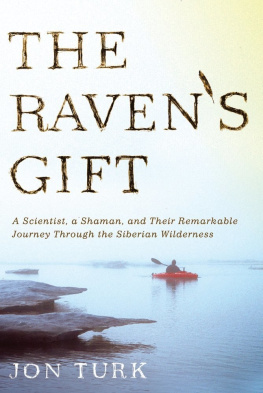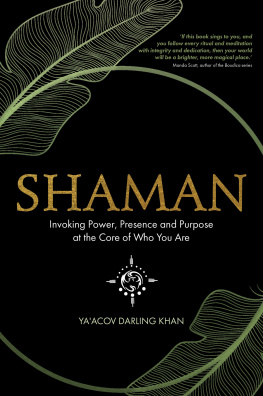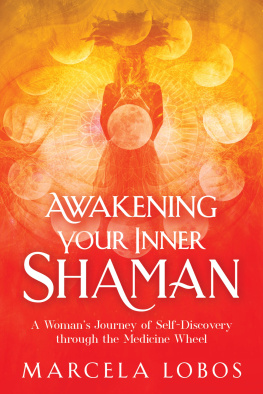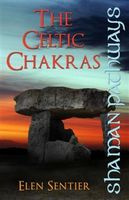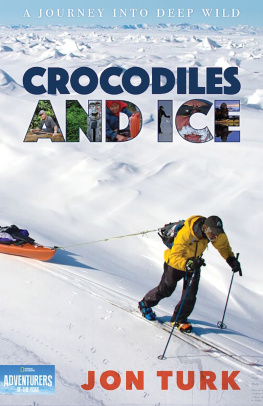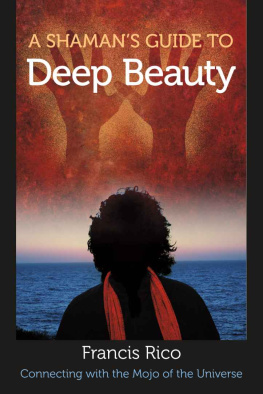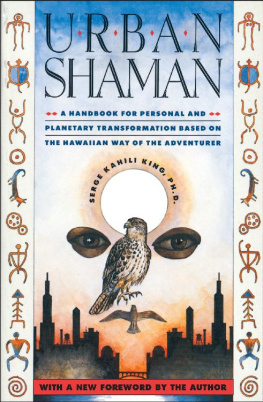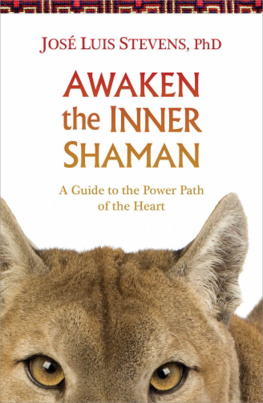Forty years ago, I was a research chemist, working at night, in the absence of sunlight, buffered against all vagaries of weather by a precise climate control system. In an effort to probe into the nature of the chemical bond, that much studied but still mysterious collection of forces that holds all matter together, I blasted molecules apart with a beam of high-energy electrons and then accelerated the resultant fragments into a powerful magnetic field.
It was intense, stressful work, and one sunny weekend day, in the spring of 1970, I went for a walk with my dog across an alpine meadow in the Colorado Rockies. A few patches of crusty snow lingered in shady and north-facing aspects, but the open spaces were dominated by young, green grasses, the lifesaving nutrition for elk and deer after a long, hungry winter. The earth was moist and spongy underfoot and I knelt down to smell a glacier lily that had opened its petals to the warm, spring sun. My dog suddenly raced off at sprint speed for about fifty yards, leapt into the air like a fox, with his front paws spinning, and landed, digging furiously, clods of sod flying into the air. I felt certain that he was chasing a ground squirrel, futilely trying to dig faster than the rodent could run through its tunnel, the way dogs chase prey, as sport, because they know that a bowl of kibble awaits them back home and failure holds no penalties.
I sauntered over, but by the time I arrived, my dog had abandoned that hole, sprinted another fifty yards, and repeated this same odd behavior. There was no evidence of any burrow in the vicinity of the first hole, nor at his second, or his third, or fourth. Had he gone mad? I watched him more closely. Each time, after breaking through the protective sod, he shoved his nose into the earth and sniffed, then dug, and sniffed again. What did he smell down there? I squatted on my hands and knees and tentatively stuck my nose into one of his holes. Even my human senses could detect the sweet aroma of decay as mites and bacteria woke from their winter somnolence and began to munch and crunch, as only mites and bacteria know how, to convert bits of roots and old leaves into soil.
I assumed that my dog, with his animal instinct, was rejoicing in the process of spring, in the primordial smell of rebirth and renewed growth, a smell that originated when organisms first ventured onto the naked rock of the continents. By the time I reached the fifth hole, my nose and cheeks were smudged with dirt and bits of moist soil lodged onto the hairs of my nostrils, so the earth was inside me, as if we had just made a lifelong pact of togetherness. I lay on the grass, sandwiched between the chill spring dampness on my stomach and the warm sun beating against my back.
The next morning, I returned to the lab, as usual, but something inside me had changed. Although the dog caper, by itself, didnt create an instant epiphany; it was the tipping point. Over the next few weeks, I realized that I couldnt spend my whole life down there in that room, which suddenly felt like a dungeon, manipulating particles that I could never see, under the flicker of fluorescent lights, in a world permeated forever with the smell of acetone and benzene. A year later, I finished my thesis, stuffed my Ph.D. diploma in the glove box of a battered Ford Fairlane, lashed a canoe on top, and headed into the Arctic.
Since that time, my entire adult life has been a balancing act between science on one hand and the smell of the earth that became so seminal that spring day in the Rockies on the other. I have made the bulk of my living writing college-level textbooks on geology, environmental science, chemistry, physics, and astronomy. At the same time, I moved to a ski town and became involved in high-intensity rock climbing, skiing, kayaking, and later mountain biking. Climbing a vertical granite wall in a remote region of the Canadian Arcticvulnerable to gales from the North Poleinvolves a different level of intensity than smelling the spring earth. But the relationship between the two is stronger than most people would suspect. During expeditions, the often razor-thin margin between life and death depends on a tactile, sensory awareness of the environment that incorporates but also transcends logic. My first introduction to that awareness occurred on a spring day when I was walking in a meadow with my dog.
Over the decades, these two aspects of my dichotomous personality have forged a comfortable symbiosis. I have grown to enjoy the exhilaration and toil of arduous expeditions to remote, dangerous, and beautiful places, and at the same time I am always happy to return home, sit in a comfortable office chair, and distill complex scientific concepts into sentences that a college student can understand and appreciate.
But if I thought I understood my relationship with these two disparate worlds, nothing had prepared me for the day when I stood naked on one leg before Moolynaut, a one-hundred-year old Siberian shaman and healer, with my right hand behind my back and my left arm pointed straight in front of me. When I stabilized my balance, she chanted herself into a trance and asked Kutcha, the Raven God, to heal my overused and battered body.
Misha and I paddled our kayaks toward shore and then paused when we felt the waves steepen as they touched the seafloor. Dense, saucer-shaped clouds raced across the Arctic sky, piling up against one another as if there werent enough room to dissipate across the vast tundra. Wind drove spume and rain in horizontal sheets until you couldnt distinguish the boundary between air and sea, but I needed to ignore the mayhem and collect my forces, as Misha would say. Tantalizingly close, we could clearly see the town of Vyvenka, a ramshackle collection of tar-paper shacks, rusted machinery, and the roofless gutted skeletons of old Soviet apartment buildings, perched precariously on a sand spit, nine time zones from Moscow. But refuge was still two hundred yards awayjust beyond the surf. From our vantage on the backs of the waves, we couldnt see the break, but we could hear the roar as waves dropped onto the beach, churning sand and rocks in their turbulence.
Misha looked at me, smiled to reveal his prominent gold tooth, and repeated his boyhood Soviet slogan, Labor and Defend.
Weeks before, I had charged into the surf yelling Crazy Horses battle cry, It is a good day to die! But Misha objected, so now we rallied behind Labor and Defend.
Da, conyeshna [yes, of course], I replied in Russian. Then I pointed my paddle like a lance. Labor and Defend.
I paddled toward shore, turned to watch the wave patterns behind me, calculated my timing, and took a few hard strokes. My kayak balanced on the tip of a breaking wave until the liquid mountain collapsed into a dark, ominous tube, and I dropped into its maw. Water cascaded over me, blocking out the daylight. Inside the wave, I reached out with my paddle, like a blind man, to find a pillow of upwelling water that would support me, as firmly as if I were leaning against solid ground. At the same time, I cocked my hips to drive the chine of my kayak, like a ski edge, into the wave. In a few moments, my head rose out of the gray-green darkness, even as my shoulders continued to be massaged by churning foam. Then the boat hit the sand and bounced onto the beach. I stumbled out of the cockpit and fell when I tried to stand.

